Is this how you feel when you're studying or working on school assignments?

Do you feel like no matter how hard you try, you never do well with school tasks?
Don't give up! Learning about metacognition and metacognitive strategies that can help you be more successful in the classroom and in life!
What is Metacognition?
Metacognition is thinking about how you think and learn.
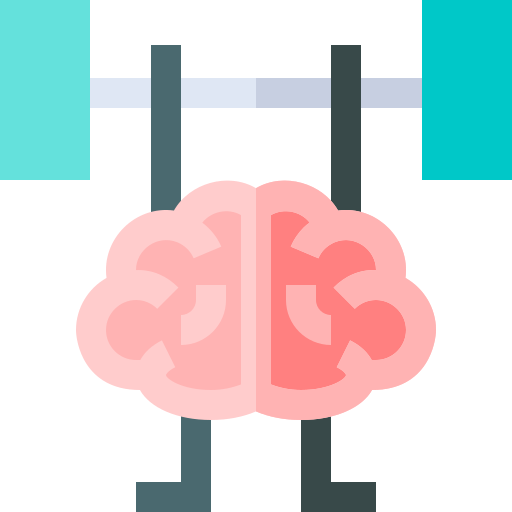
This awareness will allow you to develop skills and routines that will help you:
study more effectively with better focus and stronger intention
identify your strengths and weaknesses
be more self-aware of your habits
Metacognitive Strategies
Metacognitive strategies fall into 3 phases:
planning
monitoring
evaluating
All 3 phases have one thing in common: self-questioning.
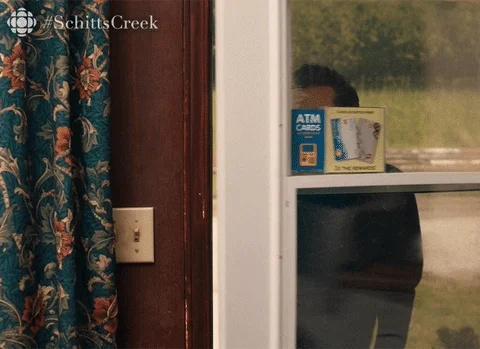
Self-questioning helps you:
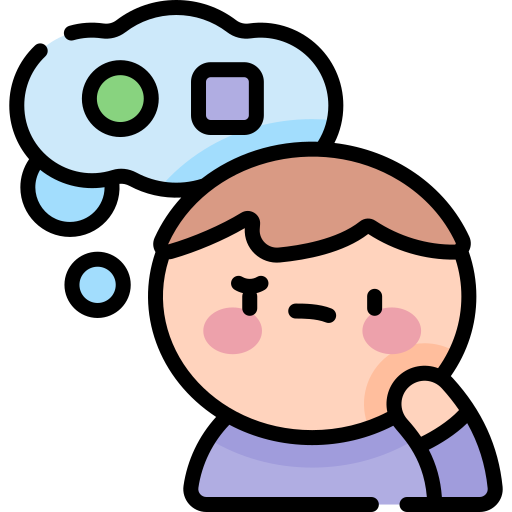
think more deeply about and connect with the information you're learning
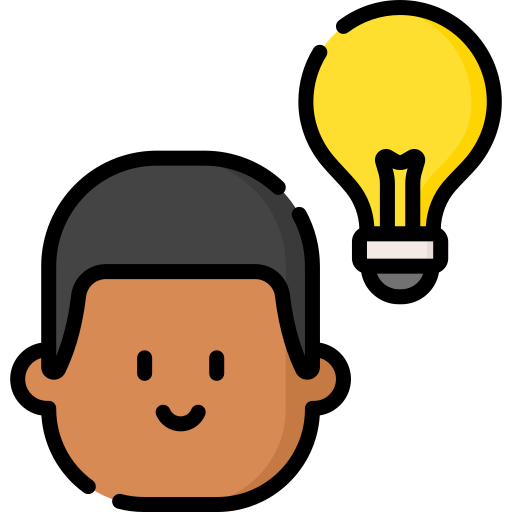
discover what you need to do to understand and remember a concept

Results of one study show that students who participated in self-questioning on a test performed 10 percentage points better than peers who did not use self-questioning techniques.
1. Planning
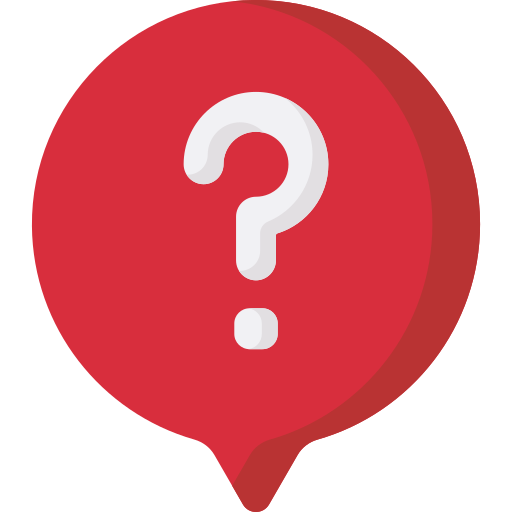 Questions to ask yourself when planning your learning:
Questions to ask yourself when planning your learning:
What do I know already about the topic?
What strategies will I use?
What should I do first?
What do I need to know for my assignment?
How much time do I have?
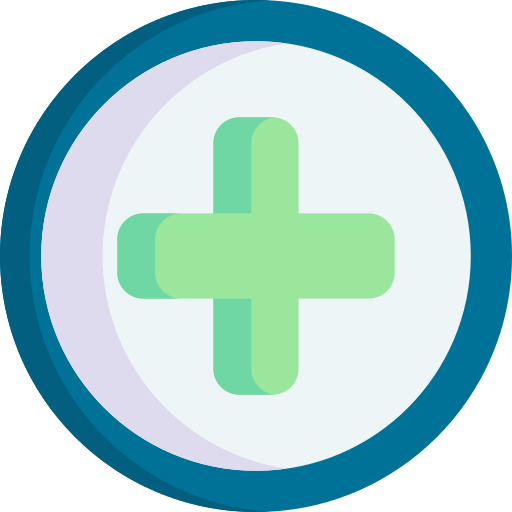 Planning Strategies:
Planning Strategies:
Set objectives — decide what you want to accomplish during your study session.
Know your learning preferences — be aware of how you learn best and use that knowledge to plan strategies that will work for you.
Try the Memory Palace technique — Create an image in your mind of the blueprint of a house, then visualize each piece of key information you need to learn as its own room within the house.
Gather materials — have everything you need so you can stay focused.
Quiz
What reasons would you give to a friend who asked why the planning stage in studying is important? Select all that apply:
2. Monitoring
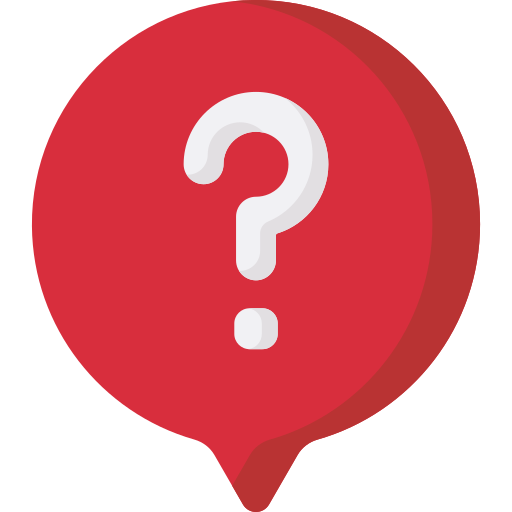 Questions to ask when monitoring your learning:
Questions to ask when monitoring your learning:
Am I on track with my plan?
What strategies are working or not working?
What's important to remember?
What do I understand and what confuses me?
What else can I do to improve my understanding?
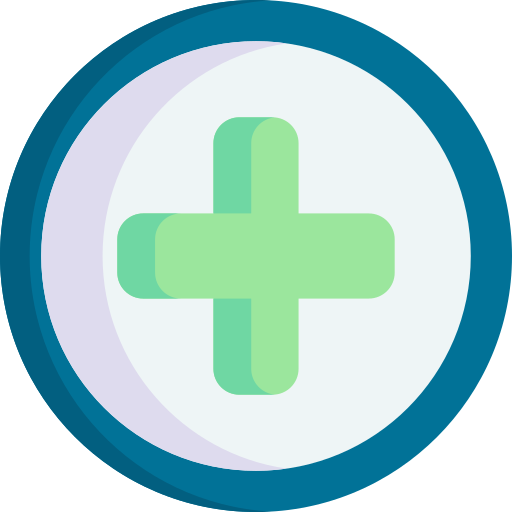 Monitoring Strategies:
Monitoring Strategies:
Graphic organizers — visualize information to make meaningful connections with course content.
Learning journals — increase awareness of your learning by writing down your questions and answers.
Think out loud — ask and answer your questions or read your notes out loud.
Take notes — rewrite your notes onto flashcards or into an outline.
3. Evaluating

Questions to ask when evaluating your learning:
What did I learn?
Can I apply what I learned to other topics?
How well did I meet my objectives?
Which strategies worked well and which didn't?
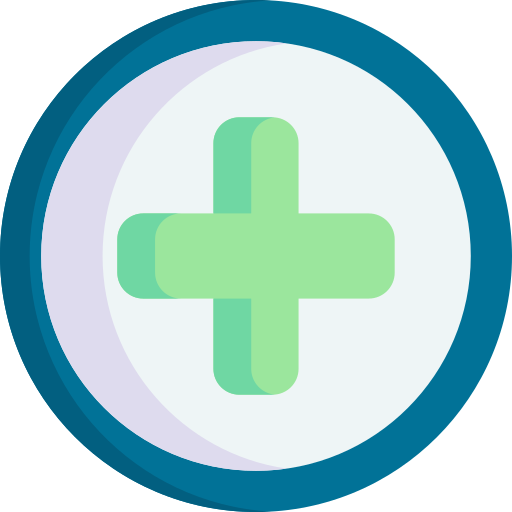 Evaluation Strategies
Evaluation Strategies
Wrappers — complete a post-task evaluation table to reflect on reasons you answered questions correctly or incorrectly.
Learning diaries — keep a log of successes, weaknesses, and goals.
PMI grids — Use a grid to record pluses (benefits), minuses (setbacks), and interesting details about what you learn about your thinking and learning.
Quiz
Marcus is working hard to improve his grades and has tried several strategies from the planning and monitoring stages. He feels that anything from the evaluating stage is a waste of time since the learning task is over. What advice could you give Marcus?
Take Action
Are you ready to ramp up your learning with some metacognitive strategies?
Your feedback matters to us.
This Byte helped me better understand the topic.

